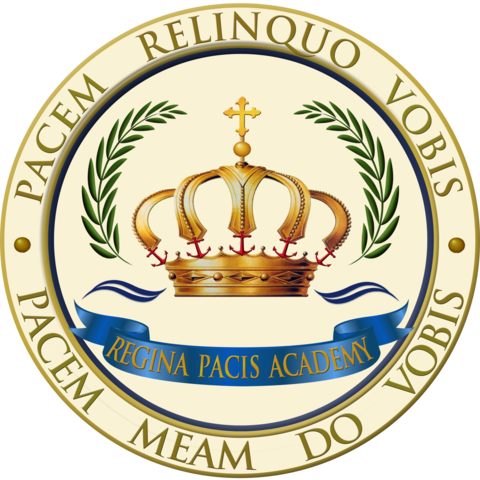The government spends billions of dollars annually ($26 billion in 2018 alone, in fact) to promote technical education in public schools, but has it helped drive more students to tertiary-level institutions? The National Assessment of Educational Progress (NAEP) states that 95% of students who graduate from non-parochial private high schools attend four-year tertiary institutions, but only 49% do from public high schools. These statistics drive home the importance of education centered around traditional subject areas and proper ethics.
Families today have a wide variety of educational models to choose from when selecting a school for their children, from private independent schools to online schools, charter schools, and public schools. So why should you consider sending your child to a Catholic classical school that doesn’t place such an inordinate focus on technology?
Technology Causes Distractions
Young children are surrounded by technology from an early age. They are often given their own cell phones and tablets and video gaming systems at home, and at school, they receive instruction from smartboards and laptops, and Chromebooks. Parents and educators may think they are helping their children by providing them with all this technology, but these devices are only distractions and, rather than aid in instruction, they detract from a child’s experience of learning. Rather than focusing on the subject material to be learned and mastering the skills of communicating their thoughts, children spend their precious classroom time interacting with a screen in one form or another.
Money Could Be Invested Elsewhere
Providing technology in the school setting is not without a significant cost. It is very expensive for schools to purchase a piece of technology for each individual student to use in the classroom. While it may seem like giving each student a tablet or laptop to use throughout the school day may be beneficial, couldn't that money be used elsewhere? Instead of spending billions on school technology, a Catholic classical school could instead use those funds to enhance student learning experiences in other ways that will offer real educational benefits. For example, students could attend interesting field trips that help them understand the lessons they're being taught in school.
Schools can also invest these funds into professional development for their teachers. While classical Catholic school teachers are highly trained, educated, and professional, attending regular workshops and other trainings can only help teachers continue to provide the best learning experiences possible for their students.
Technology Distances Students and Teachers
If students are using technology during the school day, are they socializing as much as they should with their peers and teachers? Probably not. A typical Catholic classical school has smaller class sizes that allow teachers and students to develop excellent relationships, which is essential to a student's cognitive, social, and emotional development as well as to their academic success in school. Students who have close relationships with their teachers are more likely to feel recognized, comprehended, and believed in, and this motivates them to do their best work. Therefore, students would benefit much more from personable interactions and by working with their peers instead of being immersed in technology for their lessons and projects.
While the use of technology might seem like it could help students learn, an inappropriate focus on technology can actually corrupt education by serving as a distraction and by distancing students from their peers and teachers. Instead, schools should consider investing those educational funds elsewhere.


